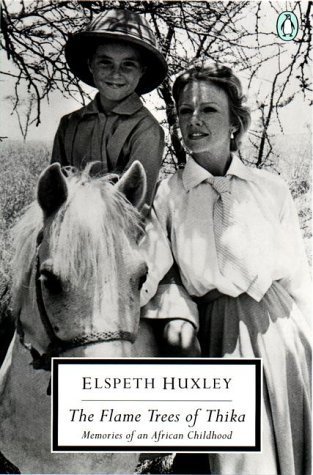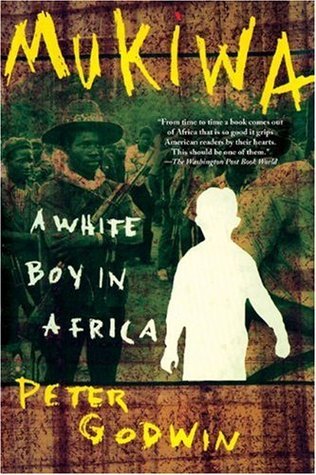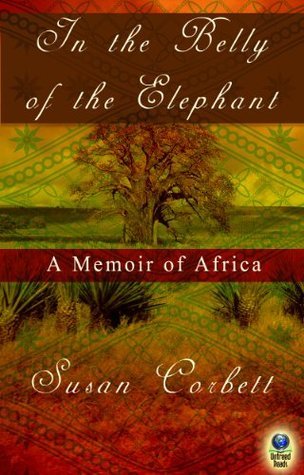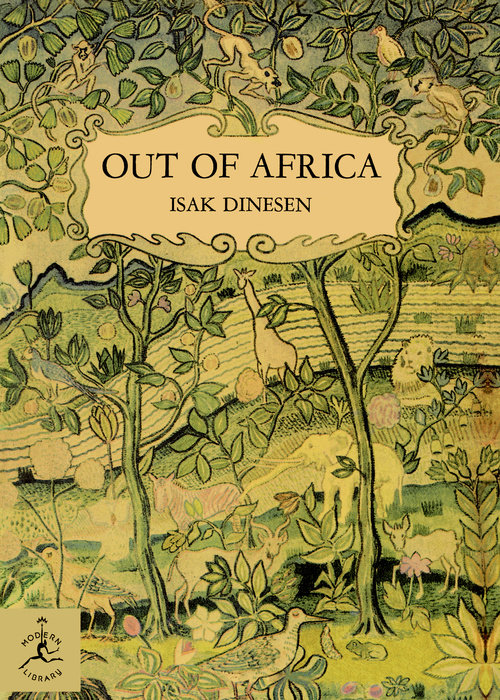
I Dreamed of Africa
Book Description
A journey into the untamed heart of Africa transforms dreams into a vivid reality, where the wild hums with danger and beauty. Kuki Gallmann fearlessly navigates breathtaking landscapes and harrowing challenges, unearthing the raw spirit of a continent that captivates and tests her resolve. As she battles personal loss and the unforgiving elements, her quest for a deeper connection to nature and self unfolds against the backdrop of majestic animals and fierce tribes. Every page pulses with emotion and resilience—will her dream become a haunting fantasy or an indelible triumph? What sacrifices will she make to embrace her purpose?
Quick Book Summary
"I Dreamed of Africa" is Italian author Kuki Gallmann's evocative memoir chronicling her move from Europe to Kenya, where she seeks adventure, belonging, and meaning. Drawn by a deep fascination with Africa’s wild beauty, Gallmann settles on a remote Kenyan ranch with her husband Paolo and young son Emanuele. As she immerses herself in the rhythms of the land and the traditions of its people, she faces profound personal challenges: harsh climates, dangers from wildlife, and devastating personal losses. The memoir offers a vivid portrait of transformation—how Gallmann’s dreams are both tested and enriched by Africa’s majesty and unpredictability. Through resilience, heartbreak, and newfound connections to nature and local communities, she emerges with a deeper sense of purpose and identity.
Summary of Key Ideas
Table of Contents
The Transformative Power of Nature and Place
Kuki Gallmann’s memoir begins with her lifelong enchantment with Africa, a continent she only knew from stories and dreams during her youth in Italy. Yearning for adventure and a life beyond the confines of European society, Gallmann is compelled, alongside her husband Paolo, to purchase a 90,000-acre ranch in the remote Laikipia region of Kenya. The move is transformative, thrusting her into a world of majestic wildlife, sweeping savannahs, and the raw, unpredictable beauty of Africa. The untamed landscapes both thrill and challenge her, forcing her to adapt physically and emotionally to a new way of life far from the familiar comforts of home.
Loss, Grief, and Resilience
Living in Kenya, Gallmann grapples with the harsh realities inherent in her pursuit of this dream. The environment is unforgiving, with unpredictable weather, threats from wild animals, and limited resources. Yet, these challenges ignite Gallmann’s inner resilience. Her connection to the land deepens as she learns to respect and harmonize with its cycles, witnessing both the brutality and splendor of untamed nature. She recounts moments of awe—watching elephants at dusk, riding horseback across open plains—tempered by the practical demands and daily dangers of ranch life.
Connection to Local People and Cultures
Gallmann’s journey is also marked by personal tragedy and profound loss. The narrative does not shy away from the pain of losing loved ones in sudden, heartrending events. These moments of grief test the very foundation of her dreams, forcing her to confront the fragility of life and her own capacity for endurance. Grief becomes a recurring companion, but so too does Gallmann’s determination to honor the memory of those she’s lost by continuing the work they began together, and by drawing strength from the surrounding wilderness.
The Challenges and Rewards of Pursuing a Dream
Throughout her memoir, Gallmann describes the gradual development of close relationships with local communities, particularly the Samburu and Maasai. She navigates the complexities of cultural exchange, often realizing the limitations of her own understanding while developing deep respect for indigenous traditions and wisdom. These connections enrich her experience, offering new perspectives on belonging and stewardship, and influencing her evolving identity as both outsider and protector of the land.
Conservation, Legacy, and Purpose
In the wake of loss and hardship, Gallmann ultimately commits herself to conservation and the preservation of Kenya’s natural heritage. The latter part of her memoir reflects on legacy and purpose: she founds initiatives to protect local wildlife and support sustainable coexistence between people and nature. Africa becomes more than a backdrop for her dreams; it shapes her very sense of meaning and self. Through adversity, Gallmann’s initial fantasy is transformed into an enduring mission—one of resilience, reverence, and hope.
Download This Summary
Get a free PDF of this summary instantly — no email required.





